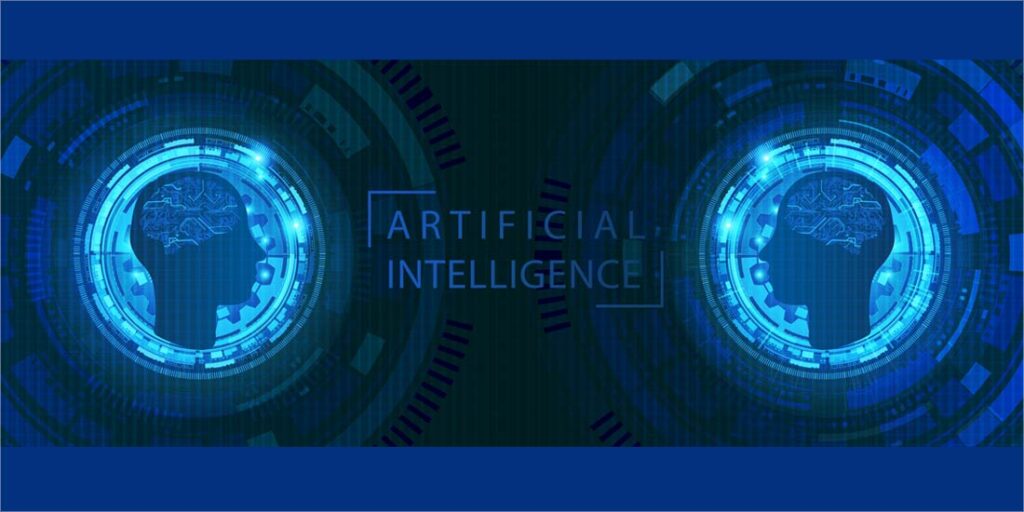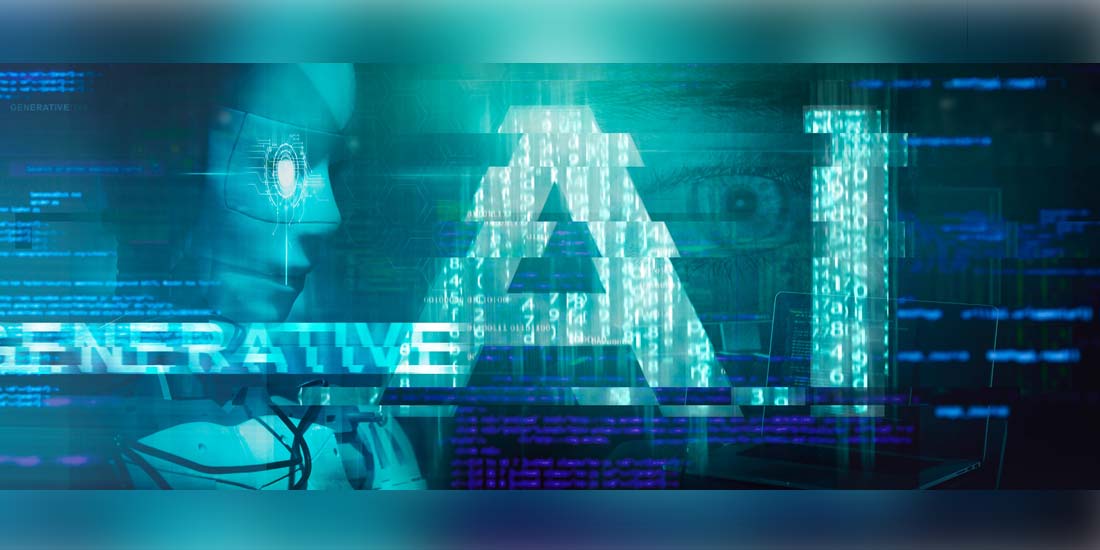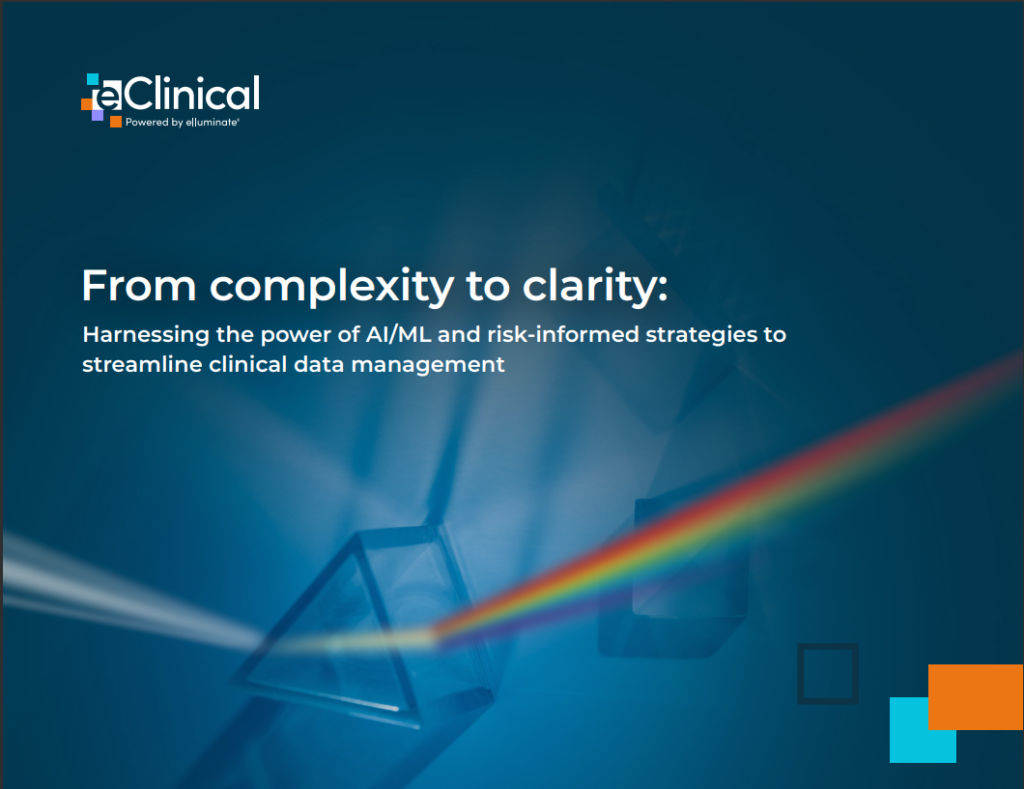Artificial Intelligence (AI) – a term once confined to the silver screen, is now a staple of everyday conversations. Until recently, AI was usually depicted as a malevolent force in classic films such as 2001: Space Odyssey. However, recently, it has also been featured as a force for good in films such as Big Hero 6 or Wall-E. In the last year or so, AI has finally shifted from the world of sci-fi into public consciousness. It is no longer an abstract distant concept or a buzzword, but a mainstream topic.
Conceptually, the journey of AI spans over 60 years oscillating between popularity and obscurity within scientific circles. AI as the real-world phenomenon we witness today is propelled by several breakthroughs in underlying algorithms, infrastructure with high-performance edge computing and data availability – driving its commercial traction in 2024.
It is therefore no surprise that AI has found its place in various industries from finance and healthcare related industries, all the way to manufacturing and supply chains. Its seamless integration with existing technologies is driving the widespread adoption we are witnessing today.
New frontiers for Generative AI
Generative AI (Gen AI) is charting new territory in the market. Specifically in the supply chain, traditional forecasting methods often struggle to capture the complexities of modern consumer behaviors, leading to inaccuracies and inefficiencies when it comes to inventory management.
With Gen AI models, organizations can analyze vast amounts of historical data and simulate different demand scenarios to generate better forecasting models. This is particularly pertinent when facing key peak seasons when consumer requirements are at their highest.
Beyond demand forecasting, AI technologies empower businesses to gain deeper insights into their operational needs. Traditional inventory management approaches often rely on static models and heuristic rules, which in such a dynamic environment can lead to suboptimal decision making. By leveraging AI technologies, businesses can generate actionable insights from historical and real-time data to optimize stock levels and preempt demand spikes. With space at premium and the cost of expanding warehouses being an expensive and time-consuming exercise, organizations can reduce costs related to holding inventory, and optimize order fulfillment rates while simultaneously enhancing the resilience of their supply chains.
Another area where AI and Gen AI in particular is thriving is assisting organizations with efficient transportation of goods. By analyzing traffic patterns, weather conditions, and delivery constraints to generate optimal routes for vehicles, businesses can drive efficiency and reduce their carbon footprint with minimal fuel consumption. This way, the logistics industry strides closer to its ultimate goal of building the resilient supply network of the future.
AI and ethics
Although AI technologies have been adopted widely across businesses and made consumers’ lives easier, it is not all plain sailing. Despite their ubiquity and the rapid pace of development, ethical considerations loom large. Businesses need to monitor bias in algorithms, and prioritize fairness and transparency to drive accountability in building said technologies.
The second major consideration for AI is related to people. With new technological breakthroughs there is always a fear that technology is going to replace jobs. Though the nature of some roles might change, businesses that are deploying AI-based solutions should prioritize upskilling and reskilling their existing staff to ensure that they can adapt to their roles in an AI-enabled workplace. Where AI-technologies will succeed and help businesses is in the repetitive mundane tasks – such as stock taking in the warehouse setting – it is important that the technology is used to augment the human workforce.
Human beings are capable of things that AI does not possess. Where in the warehouses AI can be used to spot and highlight problems, due to the complex nature of the business, it takes human ingenuity to solve these issues.
AI and Generative AI technologies hold power to truly revolutionize the logistics and supply chain industries. By allowing companies to improve decision making, optimizing processes and enhance collaboration across the entire supply chain ecosystem.
However, to realize the benefits of the technology, businesses need to ensure the quality of their data is up to scratch, they need to address any ethical concerns and clearly communicate the technology and its purpose in the workplace. By embracing AI-powered technologies responsibly and strategically, organizations can unlock new levels of efficiency, resilience, and competitiveness in the ever dynamic world of business.
About the Author

Andrei Danescu, Co-Founder & CEO of robotics and data intelligence company, Dexory. Andrei is an accomplished entrepreneur and a passionate engineer with a background in Systems Engineering and Autonomous Technology. He has been building robots since 2004 and is now constantly looking for opportunities to bring revolutionary autonomous robots to the world.
Sign up for the free insideAI News newsletter.
Join us on Twitter: https://twitter.com/InsideBigData1
Join us on LinkedIn: https://www.linkedin.com/company/insidebigdata/
Join us on Facebook: https://www.facebook.com/insideAI NewsNOW





Speak Your Mind